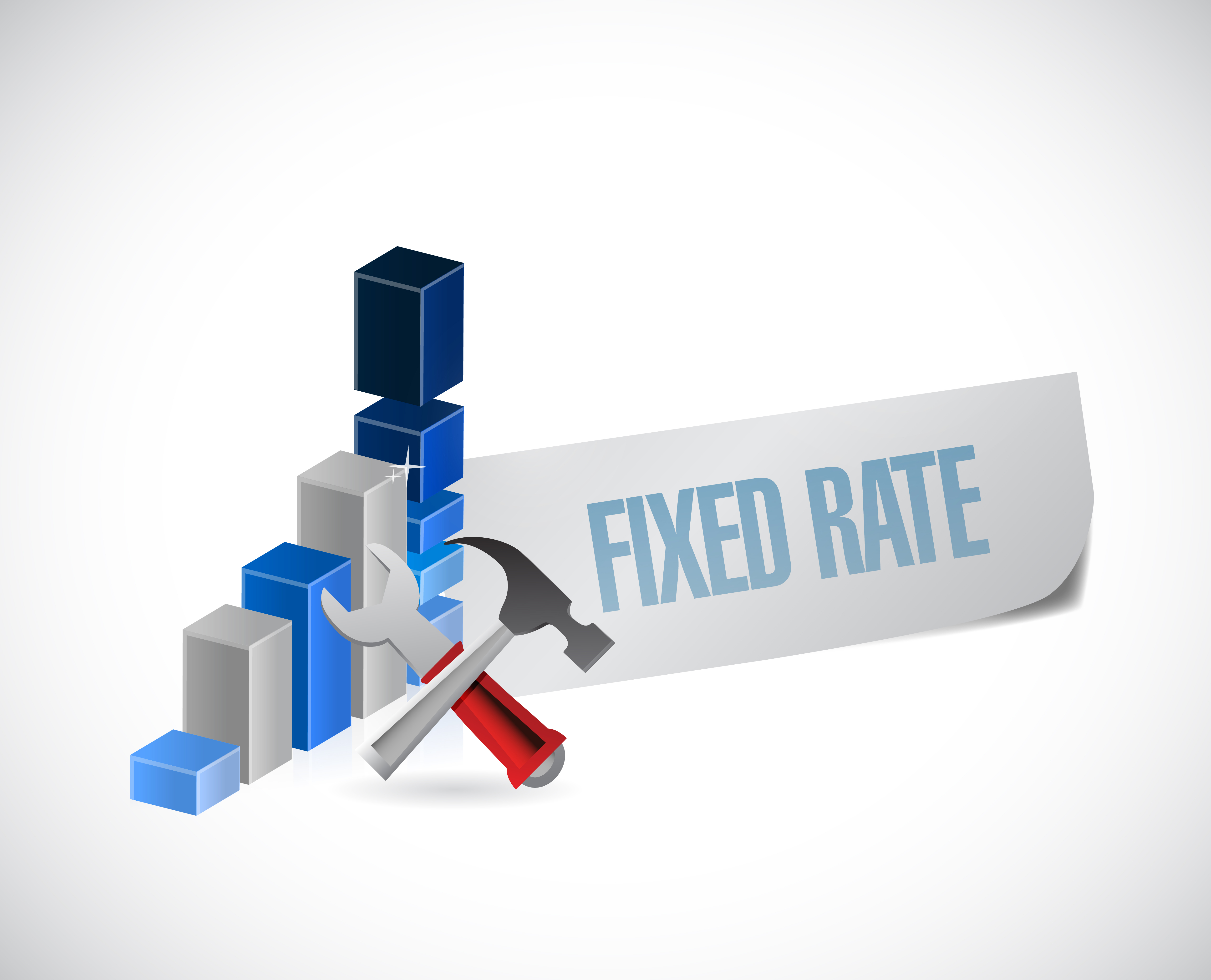Mortgages
Should you fix your mortgage rate for 10 years?

Borrowers are starting to opt for longer-term fixed mortgages for extra security, according to Moneyfacts.
The financial information provider said that lenders are responding to this increased demand. It found that the number of 10-year fixed rate mortgage deals has jumped by 35 in just one year, from 104 to 139, and the number of providers offering 10-year deals is up from just eight two years ago to 14 today.
Falling rates
Even better news for borrowers, this competition has led to a drop in average mortgage rates on 10-year deals from 3.52% in July 2016 to 3.1% today.
Charlotte Nelson, finance expert at Moneyfacts.co.uk, said: “The improvement to the average 10-year fixed rate is in stark contrast to the rest of the mortgage market, too, with rates elsewhere slowly but surely rising.
“Lenders are currently seeking to attract borrowers to longer-term deals by making them competitive, and this has caused rates to fall, unlike the rest of the market.
“In times of uncertainty, borrowers’ thoughts go to how they can protect their monthly repayments – fixing their rate for 10 years does just that. In fact, the gap between the average five-year fixed rate and 10-year fixed rate has decreased significantly, with the gap between these two deals now just 0.17% compared to a whopping 0.39% in July 2016.”
Not for everyone
Long-term security has lots of advantages but bororwers are usually tied into a 10-year deal, which isn’t always a benefit.
Nelson explained: “The higher the loan-to-value (LTV) a borrower has, the less beneficial a 10-year fixed rate deal is likely to be because rates will be significantly higher. Over time a borrower would be reducing the debt they owe, but as they are unable to go down the LTV bands, they wouldn’t be able to access potentially cheaper deals than their 10-year fixed rate.”
Borrowers should also be aware that 10-year fixed rate mortgages are often accompanied by hefty Early Repayment Charges, which require a borrower to be tied into the deal for the full length of the term, or pay a fee to get out.